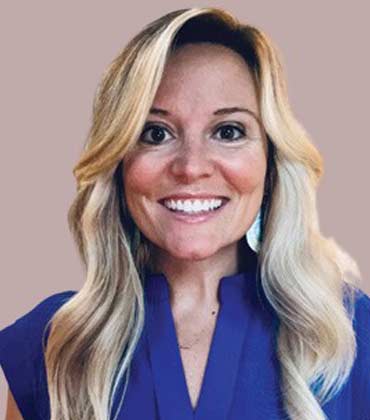With the global pandemic and State of Emergency in the rear-view mirror, we’re all eager to return to a sense of normalcy. However, COVID incidence in the community continues amidst a pentup demand for routine primary care services, which leaves little room to receive urgent care from your Primary Care Practice.
For simple and straightforward ailments like urinary tract infections and sore throats, patients expect to be seen and cared for by their primary care provider. This is why, at Beth Israel Lahey Health (BILH), we are redesigning the care delivery model to meet the needs of our patients. We are all familiar with the traditional patient-provider relationship. In today’s healthcare climate, we can no longer rely solely on our physicians for the provision of quality, patient-centered care. We recognize the invaluable skills and abilities of all members of the care team, including our Medical Assistants, Nurses and Advanced- Practice Providers. Care team redesign means defining clear expectations and workflows to leverage each care team member’s role.
At Beth Israel Lahey Health Primary Care, our nurses are often the first point of contact and on the front lines of communication with our long-term care partners and patients in the community. They are highly trained and uniquely qualified professionals who can supplement the patient-provider relationship. When a patient calls one of our Primary Care offices with an urgent or acute medical need, our nurses are empowered to not only provide telephone triage, but also schedule that patient for an in-person office visit to further assess the patient. They follow nurse-driven protocols to evaluate patients using in-office point-of-care testing, such as a urine dipstick, electrocardiogram, or throat culture. They collect a thorough history of present illness (HPI) and conduct a review of systems (ROS). Then, they work collaboratively with a provider. The nurse gives a full report to the provider, who reviews all the patient’s information and test results. The provider confirms the diagnosis and decides on a plan of care, which may include an antibiotic or other prescription, referral to a specialist or additional testing and follow-up care.
Utilizing the nurse to provide urgent care in the outpatient setting ensures the right care by the right care team member at the right time. Nurses are trained to work holistically with a patient and provide relevant education to ensure a patient fully understands their diagnosis and treatment plan. Furthermore, having the ability for our patients to be seen in a timely manner by a nurse in one of our Primary Care practices creates additional access and mitigates the risk that patients will be redirected to an Emergency Room for urgent care needs.
We aim to build trusting relationships between our patients and their care team. At BILH, our care team extends beyond just the physician and includes all colleagues in the Primary Care setting; front desk registration specialists, Medical Assistants, Nurses, Advanced Practice Providers and Doctors. Based on our long history of caring for patients in the community, we know that when patients feel trust in their care team and experience great patient service and quality care, they are more likely to achieve better health outcomes. And when our care team colleagues get to work in a strong team culture and see their patients achieve their health goals, this promotes job satisfaction and joy in work, the antidote to burnout. Therefore, we prioritize not only patient satisfaction, but also provider and care team wellbeing. We are working to constantly evolve our care delivery model so that each member of the team is working to the top of their skills, abilities and training. We adapt and redesign our workflows to be more efficient. As a highly functioning team, we are more prepared to meet the needs of the communities we serve. And patients with urgent healthcare needs are able to receive high-quality, patient-centered care in a timely manner, right from their own Primary Care office.


